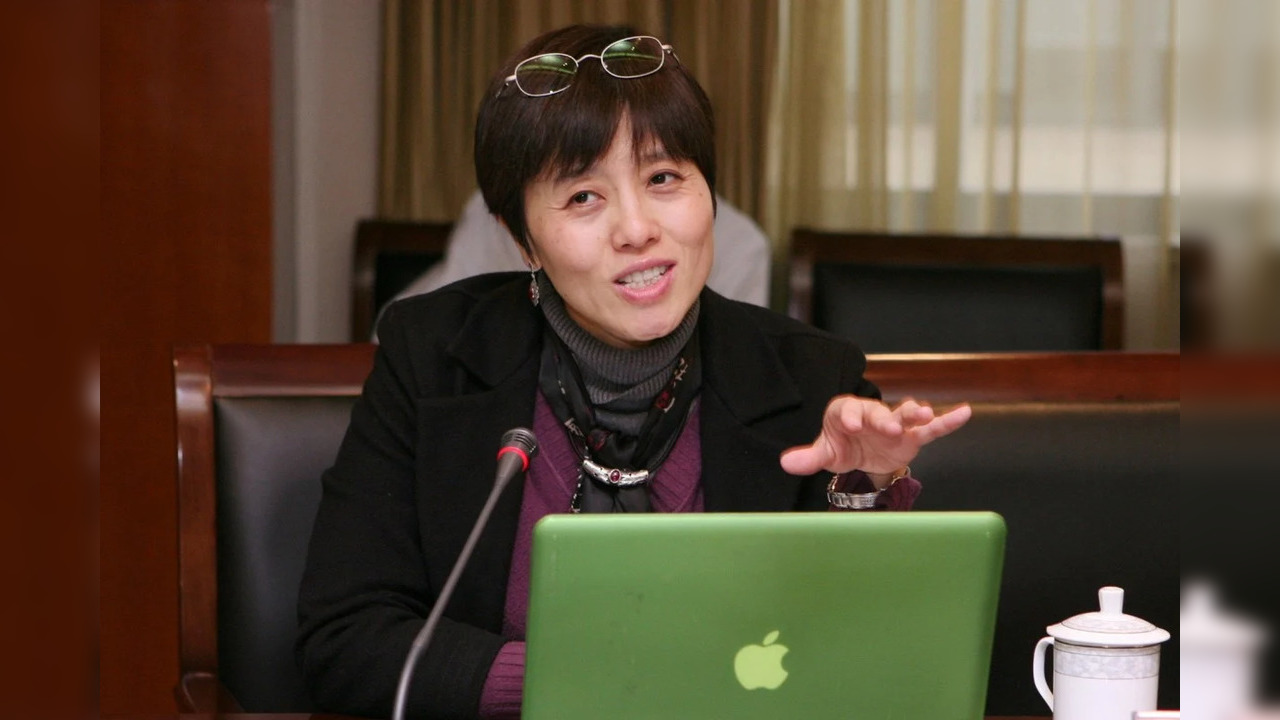KEY POINTS
- Dr. Wu was a pioneering neuroscientist known for her work on RNA-binding regulatory proteins and neurodegenerative diseases, such as ALS and Parkinson’s.
- His death has highlighted the challenges facing Asian-American scientists, especially those under scrutiny for alleged ties to China.
- Dr. Wu’s death has heightened concerns about racial discrimination and the impact of government investigations on the careers of Chinese-American researchers.
Dr. Jane Wua prominent neuroscientist at Northwestern University, was widely regarded as a dedicated scientist and mentor. Her untimely passing on July 10, 2024 created a gaping void in the scientific world and drew attention to the difficulties faced by American academics, especially those of Asian descent.
Dr. Wu was a renowned pioneer in molecular biology and neuroscience who committed suicide at her home in Chicago at age 60. At Northwestern University Feinberg School of Medicine, she was the Dr. Charles L. Mix Research Professor, where she oversaw pioneering studies on RNA-binding regulatory proteins and RNA splicing. Her research played a pivotal role in expanding our knowledge of neurodegenerative diseases such as amyotrophic lateral sclerosis, Parkinson’s disease, and frontotemporal dementia.
Born in Hefei, Anhui Province, China, in 1963, Wu began his training at Shanghai Medical University, graduating in 1986. He studied cancer biology for his PhD at Stanford University and then did postdoctoral research at Harvard University. Before joining Northwestern University in 2005, Wu spent ten years in academia at Washington University in St. Louis.
Molecular biologist and cancer researcher Dr. Bing Ren said Dr. Wu influenced his career path. When he first met her in 1993 at Harvard, she motivated him to pursue a career in molecular biology by teaching him the fundamentals of the science. Wu was a “true role model” who was kind, caring and inspiring, according to Ren, who is now a professor at the University of California, San Diego.
Despite her achievements in her field of work, Dr. Wu’s career has encountered substantial obstacles of late. Her research was largely funded by the National Institutes of Health (NIH), which also launched a controversial campaign at the same time as the China Initiative, targeting scientists suspected of having undeclared ties to China. More than 250 scientists, most of whom are of Asian ethnicity, were found to have concealed overlapping funding or research in China, costing them their jobs and severely hampering their careers. While it is still unclear whether Dr. Wu was specifically the focus of these investigations, one source revealed that she was being closely monitored.
The NIH’s Office of Extramural Research did not disclose whether Dr. Wu was a target. However, the lab of a renowned Chinese-American researcher at Northwestern University’s Feinberg School of Medicine was shut down after her death, according to the advocacy organization APA Justice. Wu’s career was essentially destroyed by the research, according to colleagues including Dr. Xiao-Fan Wang, a respected professor of cancer research at Duke University. This view was echoed by others in the scientific community.
Dr. Wu also participated in China’s Thousand Talents Program, a government initiative to attract prominent American scientists born on the mainland to return to China, either permanently or temporarily. NIH investigations into foreign meddling began to focus primarily on this program. It remains unclear whether Wu’s participation in this initiative led to the criticism she received.
Dr. Wu was recognized for her scientific achievements as well as her generosity and commitment to mentoring the next generation of scientists in China and the United States. Dr. Adrian Krainer, a molecular geneticist at Cold Spring Harbor Laboratory in New York and co-organizer of a scientific conference with Wu, described her as a kind mentor who was fully committed to her work and her students.
Dr. Wu’s death has also raised concerns about racial discrimination and the effects of government research on Chinese-American scientists. The director of the nonprofit group United Chinese Americans, Haipei Shue, highlighted the human cost of the program, calling Wu’s death “a tragic conclusion to the now-defunct China Initiative.”
His passing is mourned by his colleagues and the wider scientific community. Dr Yifan Cheng, a structural biologist at the University of California, San Francisco, recalled a special occasion when Wu was given a printout of Banksy’s artwork, Girl with Balloon, after he finished the Chicago Marathon in 2018. The present, a memento of their last meeting and the passing of a talented scientist, was kept by him in his office.
Dr. Wu was buried at Chicago’s Rosehill Cemetery on July 17, 2024. Northwestern University has not responded to multiple inquiries about her death, and her profile page on the medical school’s website has been deleted, along with her publication and grant records.
Disclaimer:
The information contained in this post is for general information purposes only. We make no representations or warranties of any kind, express or implied, about the completeness, accuracy, reliability, suitability or availability with respect to the website or the information, products, services, or related graphics contained on the post for any purpose.
We respect the intellectual property rights of content creators. If you are the owner of any material featured on our website and have concerns about its use, please contact us. We are committed to addressing any copyright issues promptly and will remove any material within 2 days of receiving a request from the rightful owner.

